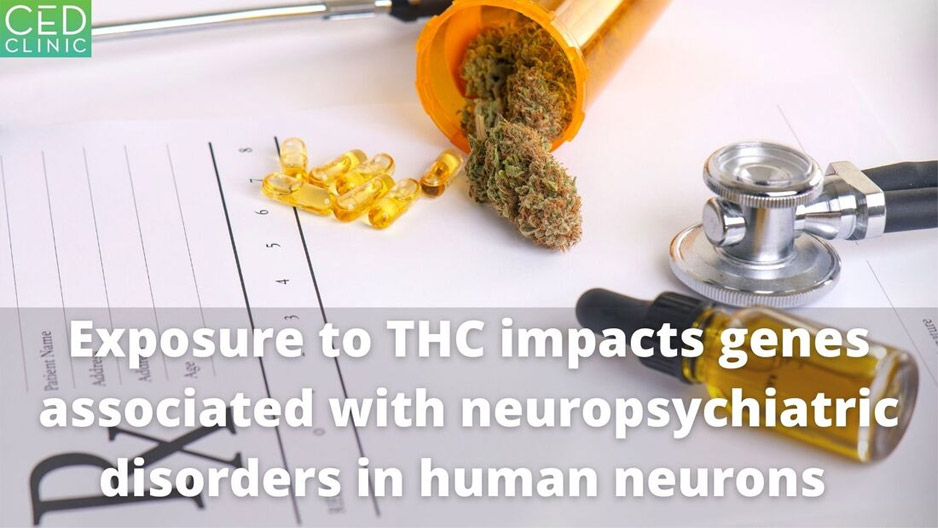The ever-increasing use of cannabis calls for a concerted effort to elucidate both positive and negative effects of this drug on human health. In particular, there is a strong correlation between cannabis use and mental disorders such as schizophrenia as well as intellectual disabilities; however, the cellular mechanisms underlying this correlation remain poorly understood.
With the advent of neurons derived from human-induced pluripotent stem cells, scientists have begun to be able to investigate the human neural cells, both in healthy condition and during changes associated with disease states. A study in which researchers exposed a population of these neurons to THC – the main biologically active constituent of cannabis – and compared them to unexposed, healthy neurons revealed important insights.
Firstly, THC-treated neurons displayed significant alterations in multiple signaling processes through which neurons communicate with one another. Such alterations led to neurons’ failure to change their gene expressions in response to activating stimuli. This blunted response in THC-treated neurons resembled what previously observed in schizophrenic neurons. Additionally, among the genes whose expressions were most affected by THC were those also associated with autism and other intellectual disabilities.
Altogether, these findings suggested that molecular pathways commonly perturbed in multiple neuropsychiatric disorders are exacerbated by THC. Thus, scientists warned that THC exposure, by impacting many of the same pathways through which neurons adjust to their environment and communicate that are already associated with psychiatric disorders, may increase the risk of these conditions in people.
Have you experienced any adverse reactions to THC in regards to your mental health? We’d like to hear your story!

